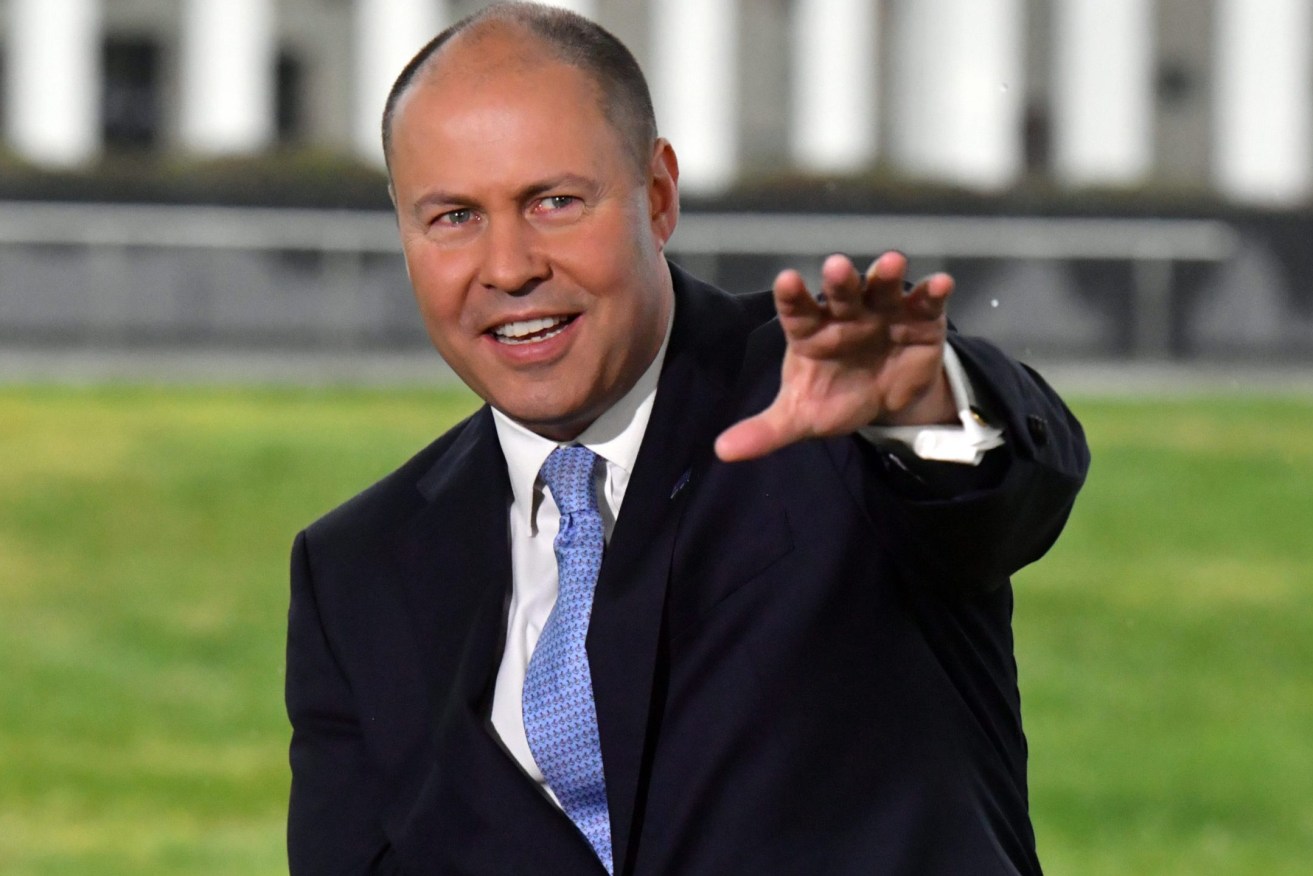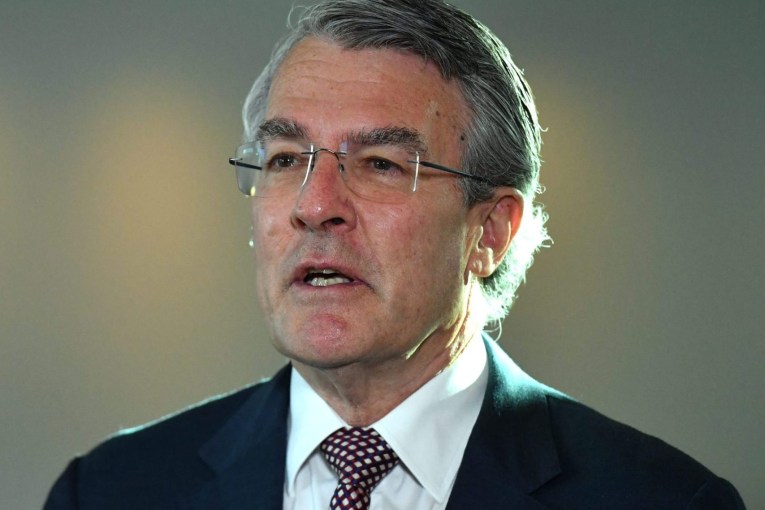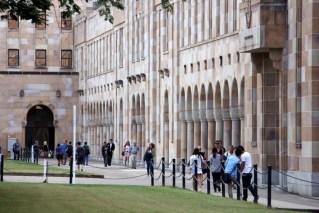Treasurer wants savings to replace government assistance to drive economy
The Morrison Government is putting its faith in a big boost in consumer spending as new figures show Australian households and businesses amassed more than $200 billion in savings ahead of the end of COVID-related stimulus measures in March.

Treasurer Josh Frydenberg will present his fourth Budget on Tuesday night. (Photo: AAP Image/Mick Tsikas)
Treasurer Josh Frydenberg believes households have sufficient savings for the economy to continue its recovery when coronavirus support measures such as JobKeeper wage subsidies end.
He jumped on new figures showing households and businesses have amassed more than $200 billion in savings during the pandemic.
“There is a huge sum of money available to be spent across the economy helping to create jobs and maintain the momentum of our economic recovery,” Frydenberg said.
“The unprecedented economic support provided by the Morrison Government during the crisis means that even as JobKeeper and other temporary emergency support measures taper off, a fiscal cliff is avoided.”
But Shadow Treasurer Jim Chalmers said higher savings did not guarantee jobs or a strong, inclusive economic recovery.
“One of the reasons household savings have been higher than usual is because many people have been reacting to a lot of uncertainty,” Chalmers said.
“If only the treasurer was as focused on creating jobs as he is obsessed with generating headlines and congratulating himself while some workers, small businesses and communities are still struggling.”
Australian Prudential Regulation Authority data shows household deposits increased by around $113 billion between January and November last year.
Non-financial businesses saved $104 billion over the same period.
Treasury modelling also shows that the contribution to economic growth from fiscal support will endure beyond the unwinding of temporary spending measures.
Government support will fall from a total of 6.9 per cent of gross domestic product in 2020/21 to 2.4 per cent of GDP in 2021/22.
However, the modelling shows the impact of the government’s fiscal support will lead to economic activity still being five per cent larger in 2020/21 and 4.5 per cent higher in 2021/22 than would have been the case without the stimulus measures.
“With the JobMaker hiring credit, personal income tax cuts, investment incentives and a range of other measures our economic comeback will continue,” Frydenberg said.
Last month’s mid-year budget review forecast the economy to expand by 0.75 per cent in 2020/21 and by 3.5 per cent in 2021/22, after contracting by 0.2 per cent in 2019/20.












